A new Nelson Mandela in Davos?
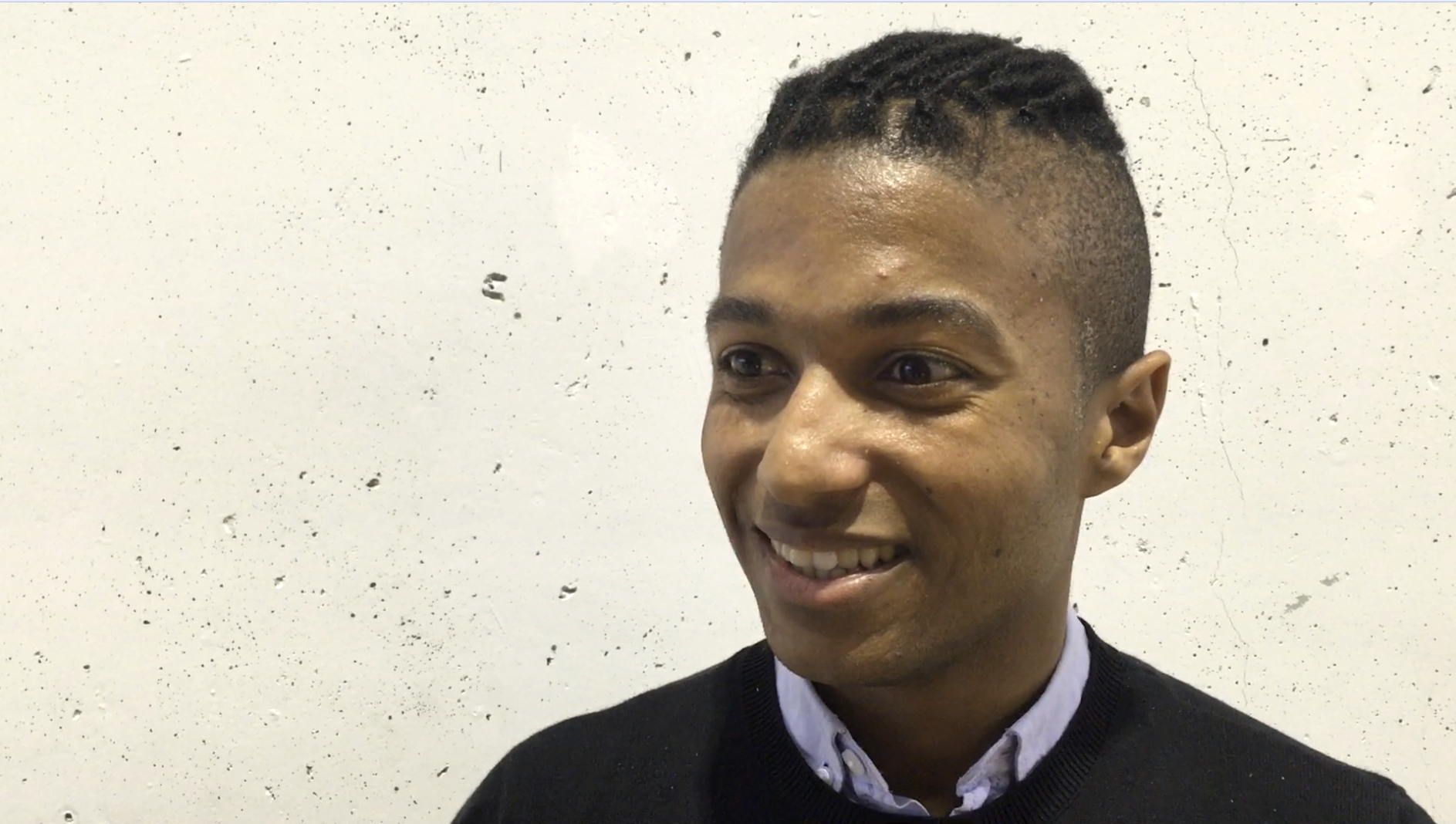
Thoba Grenville-Grey is a ‘Young Global Shaper’, invited to Davos by the World Economic Forum (WEF) to present a Declaration on the state and future of democracy.External link
Grenville-Grey was one of more than 30 young people from all over the world invited to Switzerland to meet each other and confront political and business leaders in Davos.
A co-author of the declaration, Grenville-Grey was born in London in 1992 to parents who had left South Africa for political reasons. Four years after the end of the apartheid regime, the family returned to South Africa.
He now works for the Awethu projectExternal link which awards credits to small and medium-sized enterprises. The company has helped improve the lives of thousands of people according to the Facebook site of Awethu.
This interview is part of #DearDemocracy, the direct democracy platform of swissinfo.ch.
Awethu acts as an investment company and has been recognised by the Clinton Global Initiative, the Echoing Green Foundation, and the government of South Africa as well as individuals such as Archbishop Desmond Tutu.
Grenville-Grey has a B.A. in political science, economics and philosophy from the University of Pennsylvania. He also studied international development at the Chinese University in Hong Kong.
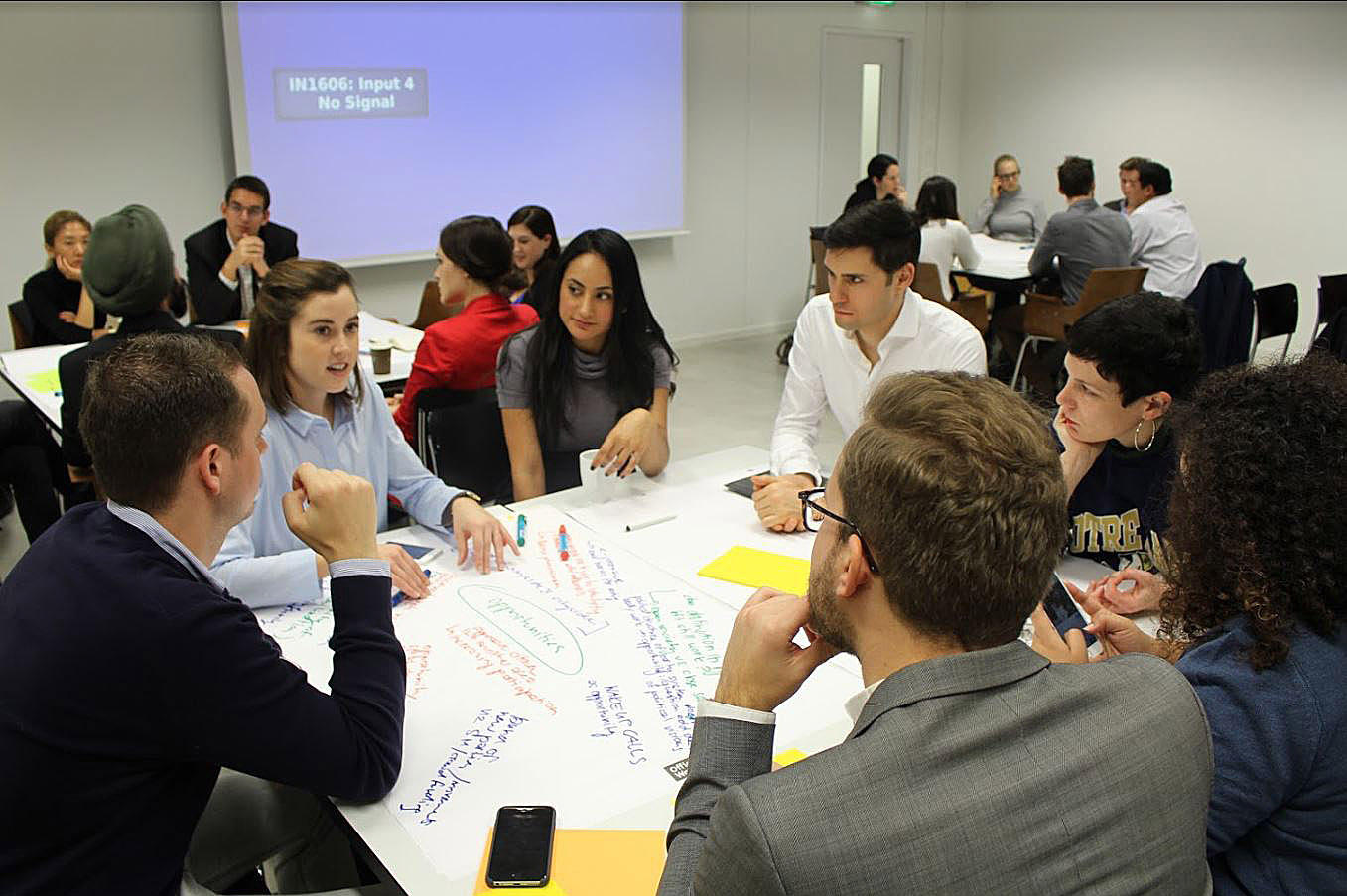
swissinfo.ch: What was your first experience with democracy?
Thoba Greenville-Grey: My first interaction with democracy that I remember was our second set of democratic elections when we were voting for the president, Thabo Mbeki [in 1999].
I remember waiting in line watching members of the independent electoral commission and seeing the purple marks they made on the thumbs of people that voted to make sure they don’t vote again.
But the first thing I noted was the excitement and the relief of the people who were able to vote.
I asked my mother why everybody was so happy to wait for so long. And my mother explained to me: ’It’s because we waited so long before!’
And that’s my first experience with democracy.
#deardemocracyExternal link What if citizens had 100 voting tokens to distribute as they wish across referenda throughout the year? #wef17External link #GlobalShapersExternal link
— Martin Seneviratne (@martin_sen) January 14, 2017External link
swissinfo.ch: What kind of impact did this have on you?
T.G-G.: Growing up with parents in political exile and my whole family being involved in that area, taught me to use my life to create opportunities for others.
Even if it is uncertain if you are going to get anything out of it.
It may not always be plurality in voting or universal suffrage, but use the privilege you have to create opportunities for others.
swissinfo.ch: What brought you, a Young Global Shaper from Johannesburg, to Zurich and Davos.
T.G-G.: It’s been super exciting and a privilege and an opportunity to be here. Most people would see it as an accomplishment. But I don’t see it as an accomplishment yet. This will be what I do and say at Davos.
The declaration about the state and future of democracy is aimed at world leaders taking part in the WEF meeting 2017.
Here’s an extract from the chapter on Commitments and Actions:
Enhanced transparency for political campaigns, lobbying or civil society involvement,
Call for increased quality of education in order to produce better democratic decisions,
Urge to maintain the direct connection between government and citizens.
I want to be a voice for the youth. In Davos, I represent the young people of South Africa, unemployed youth, young people from Africa and speak from an informed perspective. I can speak to global leaders and say what they need to be focusing on.
swissinfo.ch: Together with other Young Global Shapers you adopted a declaration for a more democratic world. What will happen with this in Davos?
T.G-G.: We have a meeting with the South African president and his political entourage in Davos. I definitely would like to make the point that we need to use digital technology and not fear it.
Digital technology can help inform both the government and the citizens in their choices.
swissinfo.ch: On two occasions, you met Nelson Mandela. What was the first president of post-apartheid South Africa like?
T.G-G.: I’d love to tell you more about it but one thing I remember is that you could feel his charisma and his spirit. Well, many people say this when they talk about a good leader. But I can attest that to Mandela.
Unfortunately, I was too young to engage in subjects of meaningful substance with him. But what I can say is that his love for children was a testament to his warmth as a person and to humanity.
The network is an initiative of the World Economic Forum. The WEF every year chooses future leaders from all continents and offers them the possibility to travel to Switzerland.
The Young Global Shapers convene in Zurich ahead of the WEF meeting in Davos, the highlight of the visit to Switzerland.
The topic of the 5th WEF Global Shapers pre-Davos summit was the “state and future of democracy”.
The meeting was attended by 35 young future leaders from abroad and 37 from Switzerland, so called Swiss Shapers.
swissinfo.ch: How present is Mandela’s spirit in South Africa today?
T.G-G.: This a complex subject. Let’s put it this way: What he has worked for has the potential to become reality. But I don’t think we are making the best use of that potential yet. We have a lot of growing pains and unfinished discussions.
If we want to honour the legacy of Mandela we need to start having this conversation soon. My summary: We’re not quite there yet, but I think we still have time to be able to do what he wanted.
swissinfo.ch: What is the biggest challenge for South Africa’s democracy today?
T.G-G.: The lack of engagement and commitment. We have a great political system and a well-written constitution. We set trends in how we do things and tackle problems, for instance with the Truth and Reconciliation CommissionExternal link.
But our biggest problem is that the most influential stakeholders are not engaged enough. They are coming to the table albeit a bit late.
Here are some tweets from the Young Global Shapers meeting in Zurich:
Great way to share Swiss expertise in direct democracy around the world! #predavosExternal link #wef17External link #deardemocracyExternal link https://t.co/iawXOfHy0VExternal link
— Geneva Hub (@GenevaShapers) January 14, 2017External link
A clear message by young @globalshapersExternal link to world leaders at #wef17External link: make democracy democratic again #deardemocracyExternal link https://t.co/ILCvkW8ftAExternal link pic.twitter.com/ZliajOylUXExternal link
— People2Power (@people2power) January 16, 2017External link
Pre-Davos summit on and with #deardemocracyExternal link proudly presented by @swissinfo_deExternal link @RenatKuenziExternal link @peter_schibliExternal link @larissambielerExternal link @metamythosExternal link pic.twitter.com/KkIC8InGtIExternal link
— Bruno Kaufmann (@kaufmannbruno) January 14, 2017External link
Learning about the Direct Democracy initiative of @swissinfo_enExternal link check it out: https://t.co/9WWMzUEJ09External link #predavosExternal link pic.twitter.com/Uh3O6j81FYExternal link
— Beatrice Montesi (@BeaMontesi) January 14, 2017External link
How can the world become more democratic? Send us your comments.
Adapted from German by Urs Geiser

In compliance with the JTI standards
More: SWI swissinfo.ch certified by the Journalism Trust Initiative
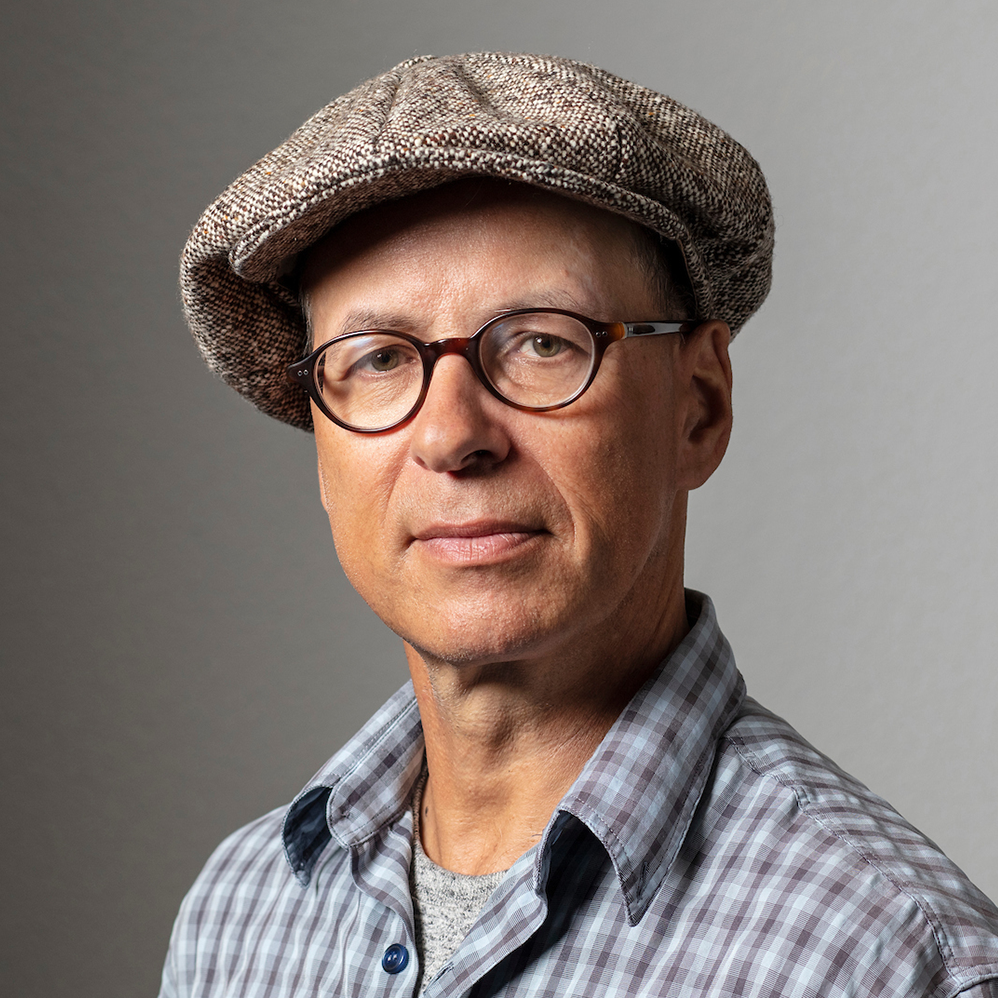


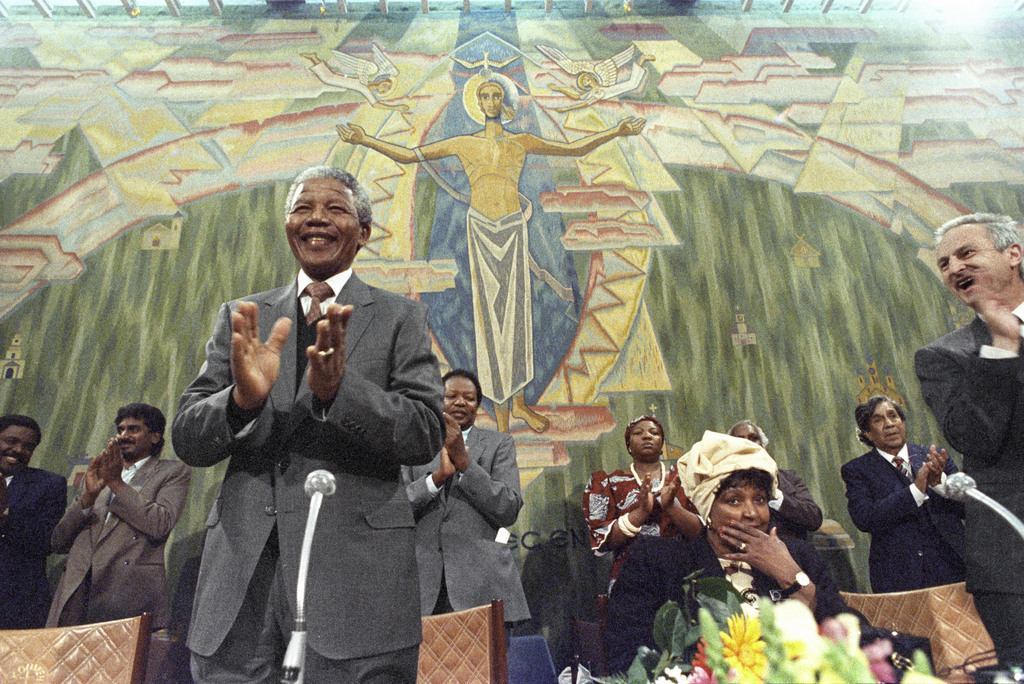
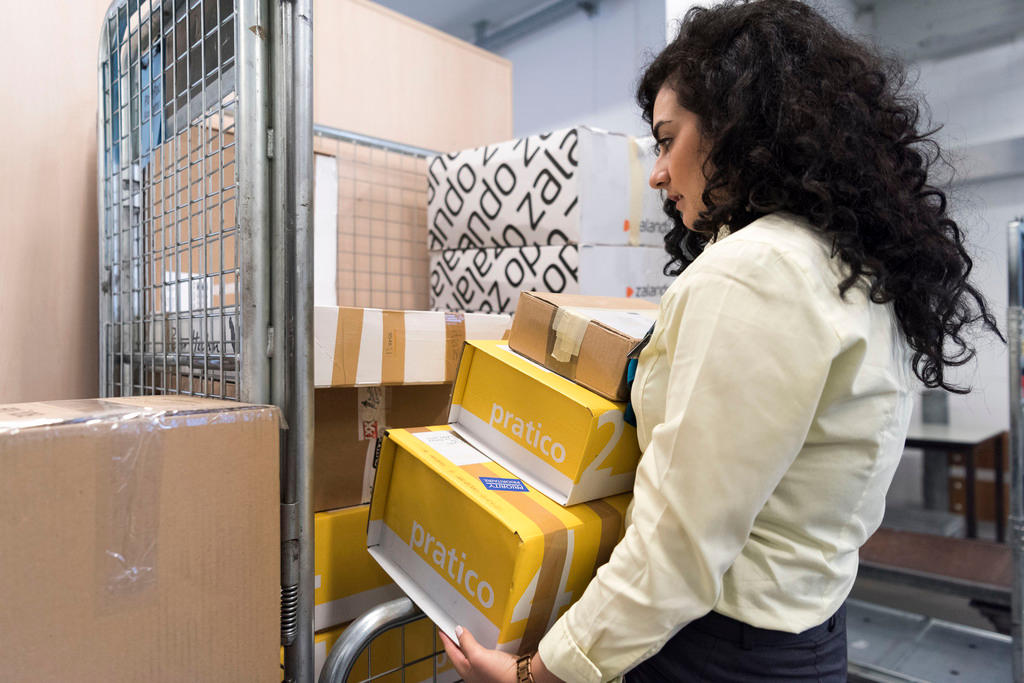
You can find an overview of ongoing debates with our journalists here. Please join us!
If you want to start a conversation about a topic raised in this article or want to report factual errors, email us at english@swissinfo.ch.